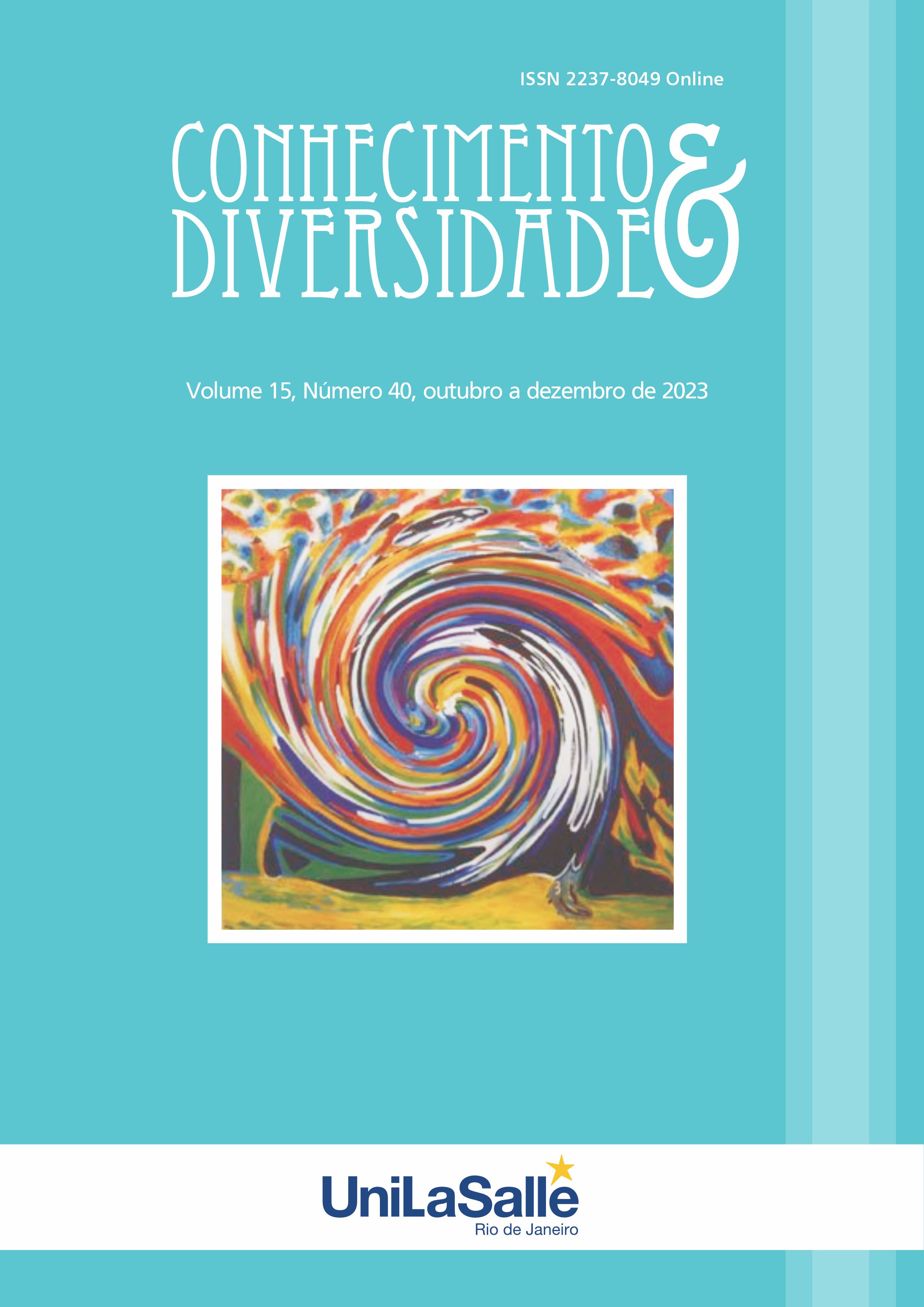EDUCATIONAL METHODS IN THE LY AND TRAN DYNASTIES:
CONCLUSIONS AND IMPLICATIONS FOR VIETNAMESE EDUCATION TODAY
DOI:
https://doi.org/10.18316/rcd.v15i40.11292Keywords:
Education, Method, Meaning, Ly-Tran periodAbstract
Ly and Tran were the two longest dynasties in Vietnam's feudal history and flourished in all fields: military, economy, culture, art, architecture, and education. In addition to the work of defending the country of Dai Viet's army and people during the Ly and Tran dynasties, the educational ideology of this period, including educational methods, met and matched the characteristics and requirements of Dai Viet society at that time. It is also a notable highlight of the Ly and Tran dynasties. The article analyzes and clarifies the educational methods of the Ly - Tran dynasties in Vietnam, thereby providing comments and its significance for Vietnamese education today. Accordingly, the educational method of the Ly - Tran dynasties focused on two main methods: the "teacher reads - student copies" method, memorizing ancient histories and ancient texts, and the question and answer method, the method be a lesson for. The research also draws three observations and two meanings (focusing on exemplary methods in education; exams to select talented people for the country) when learning about educational methods during the Ly and Tran dynasties. The limitation of this study is that it has not shown and analyzed the characteristics of the educational methods of the Ly - Tran dynasties. The article is structured in three parts: (1) Educational methods of the Ly - Tran dynasties in Vietnam; (2) Some observations drawn when learning about educational methods during the Ly and Tran dynasties; (3) The significance for current Vietnamese education when learning about the educational methods of the Ly - Tran dynasties in Vietnam today.
References
Duong Quoc Anh (1998), Vietnam and historical events, volume 1, Publishing House. Social Sciences, Hanoi.
Anderson, James A (2020), The Ming Invasion of Vietnam, 1407-1427 in David C. Kang and Stephan Haggard (eds.) East Asia in the World: Twelve Events That Shaped the Modern International Order. Cambridge: Cambridge University Press, 2020.
Tran Ba De (Editor, 2002), Some topics on Vietnamese history, Publishing House. Ha Noi national university.
Communist Party of Vietnam (2021), Documents of the 13th National Congress, volume 1, Publishing House. National politics, Hanoi.
Tran Van Giau (1957), History of Vietnam from 1877 - 1914, Publishing House. Construction, Hanoi.
Tran Van Giau (1975), Vietnam's development from the 19th century to the August Revolution - The bourgeois ideology and its failure before the historical task, Publishing House. Social Sciences, Hanoi.
Tran Van Giau (1983), In the mainstream of Vietnamese literature - Patriotic ideology, Publishing House. Arts, City. Ho Chi Minh.
Tran Van Giau (1993), Ideological development in Vietnam from the 19th century to the August Revolution, volume 1, Publishing House. City. Ho Chi Minh.
Tran Van Giau (1993), Ideological development in Vietnam from the 19th century to the August Revolution, volume 2, Publishing House. City. Ho Chi Minh.
Tran Van Giau (1993), Ideological development in Vietnam from the 19th century to the August Revolution, volume 3, Publishing House. City. Ho Chi Minh.
Nguyen Hung Hau (Editor), Doan Chinh, Vu Van Gau (2002), General history of Vietnamese philosophical thought, volume 1, National University Press, Hanoi.
Cao Xuan Huy (1995), Oriental thought suggests reference points of view, Publishing House. Literature, Hanoi.
Momoki Shiro (2013), Local Rule of Dai Viet under the Ly Dynasty:Evolution of a Charter Polity after the Tang-Song Transition in East Asia, Retrieved from https://brill.com/downloadpdf/journals/arwh/1/1/article-p45_4.pdf
Min Zang (1984), Land policies of the feudal authorities of Vietnam and the process of their implementation in the 11-15th centuries, Collection of the All-Union Conference on Oriental Research, Science Publishing House, Moscow (in Russian).
O. W. Wolters (1995), On Telling a Story of Vietnam in the Thirteenth and Fourteenth Centuries, Retrieved from https://www.jstor.org/stable/20071701
Patricia Pelley (2020), The Historical Roots of Contemporary Vietnam, Retrieved from https://oxfordre.com/asianhistory/display/10.1093/acrefore/9780190277727.001.0001/acrefore-9780190277727-e-276;jsessionid=78a017e7124c1dc9db7ddf 722e20147e?rskey=akixx7
Van Tao (1999), History and reality, volume 2, Publishing house. Social Sciences, Hanoi.
UNESCO Center for Information and Documentation of Vietnamese History and Culture (1998), Innovation trends in Vietnamese history - Typical faces, Publishing House. Culture - Information, Hanoi.
Tran Mai Uoc (2010), Some thoughts on human resources for higher education management in the integration period, Proceedings of the scientific conference "Solutions to improve the effectiveness of Vietnamese higher education management" , Liaison Committee of Vietnamese Universities and Colleges (VUN), pages 335-339.
Tran Mai Uoc (2011), Understanding Ho Chi Minh's thoughts on educational methods, contacting the Vietnamese education sector today, Proceedings of the scientific conference "Celebrating 100 years of Ho Chi Minh's departure to find a way save the country", Quang Binh University, pages 261 - 269.
Tran Mai Uoc (2012), Developing Vietnamese education in the spirit of the document of the 11th National Congress of the Party, Saigon University Magazine, ISSN 1859 - 3208, No. 9, page 44 – 52.
Institute of Economics (1968), Land Revolution in Vietnam, Publishing House. Social Sciences, Hanoi.
Downloads
Published
Issue
Section
License
Copyright (c) 2023 Tran Mai Uoc

This work is licensed under a Creative Commons Attribution 4.0 International License.
As recommended by the Public Knowledge Project, RCD adopts for its articles a CREATIVE COMMONS Attribution CC BY 4.0 license.
This license allows others to distribute, remix, adapt and build upon your work, even commercially, as long as they credit you for the original creation.
This is the most appropriate license offered.
Recommended for maximum dissemination and use of licensed materials.



